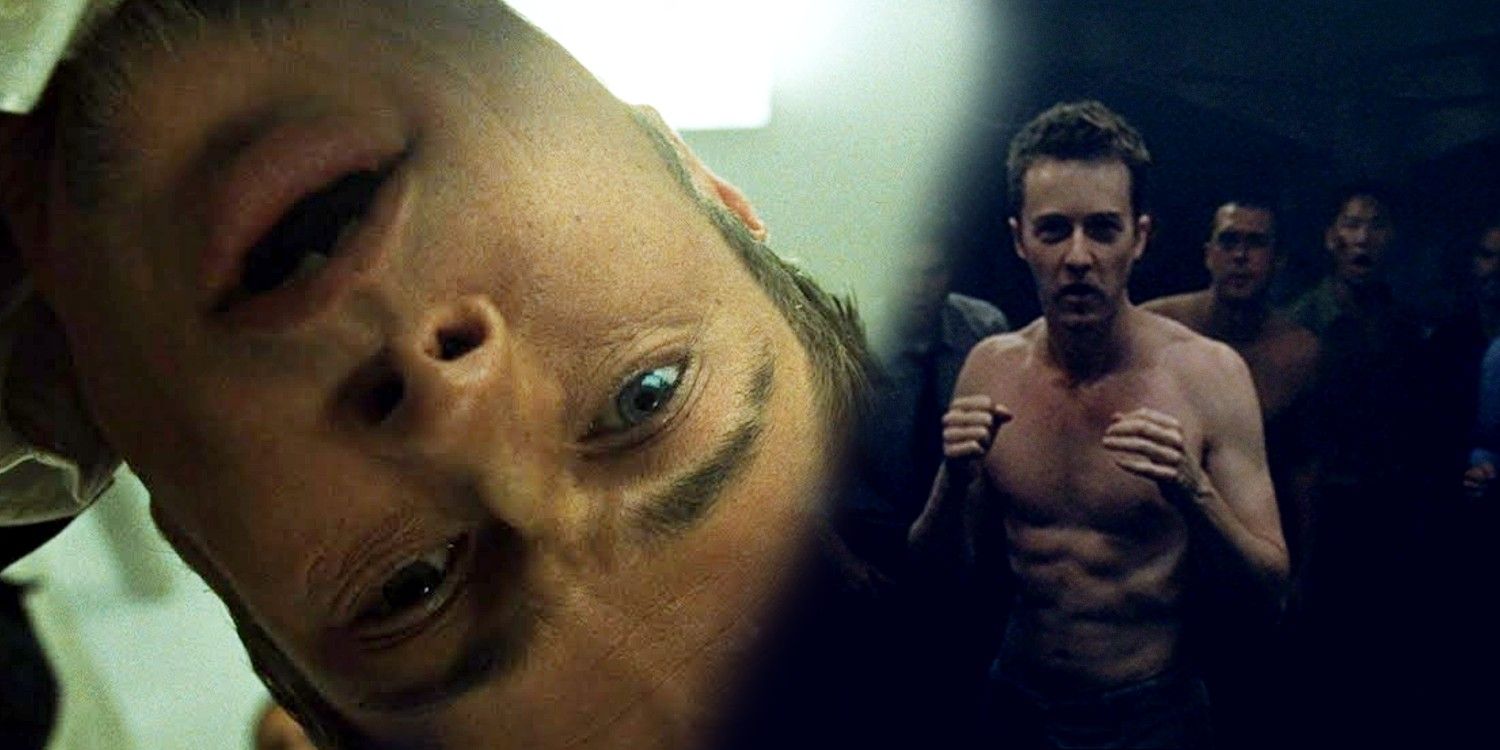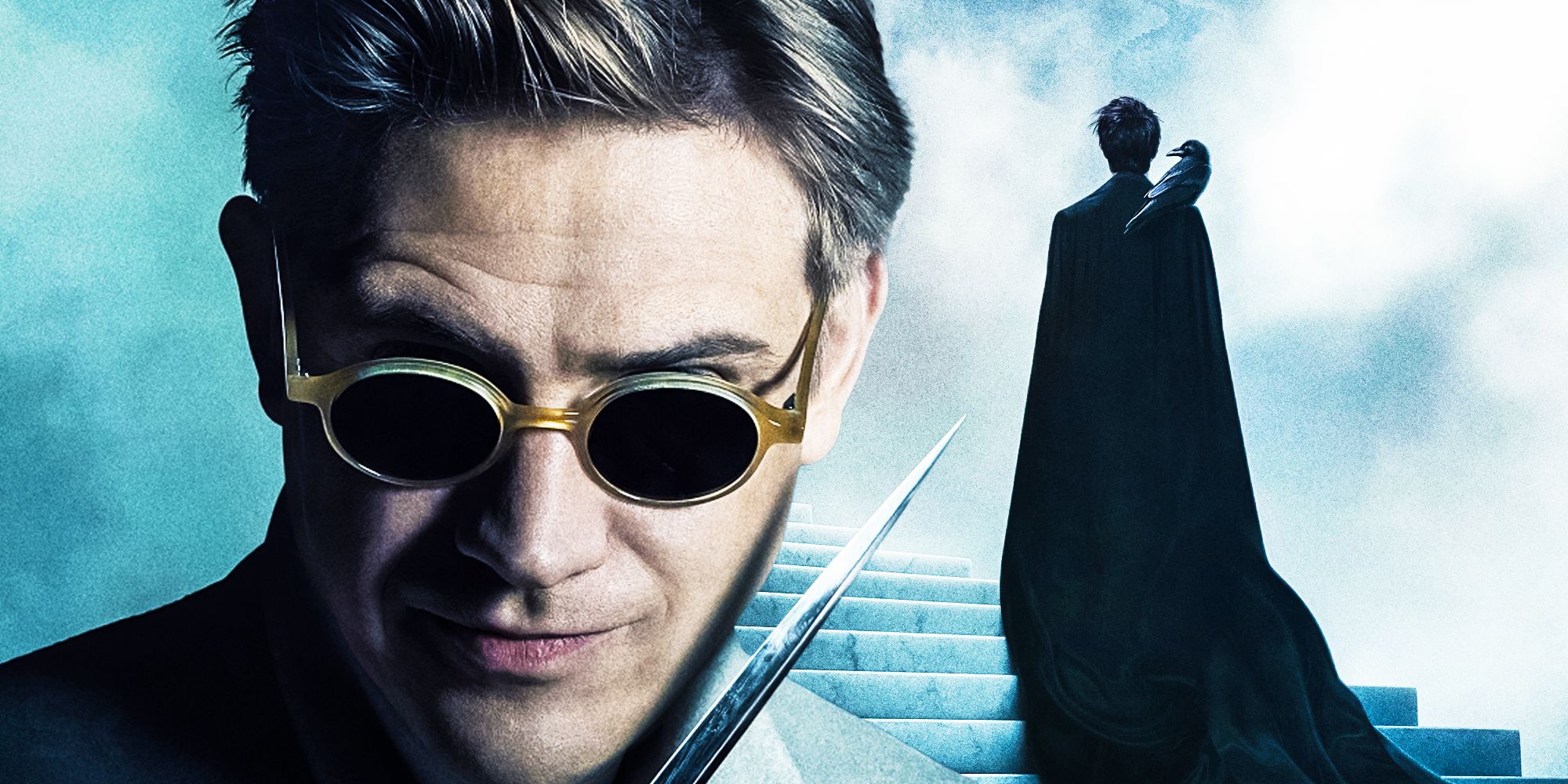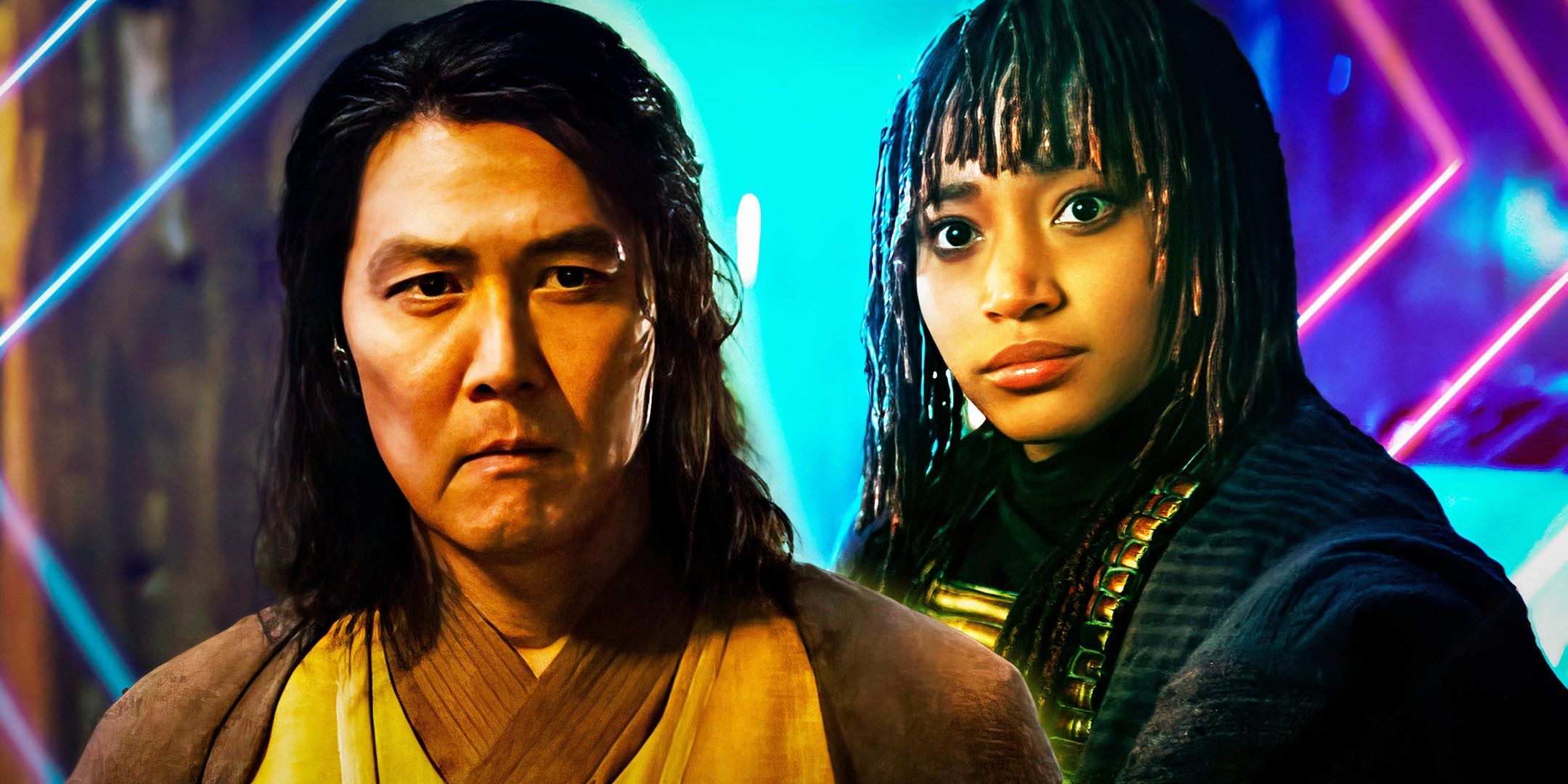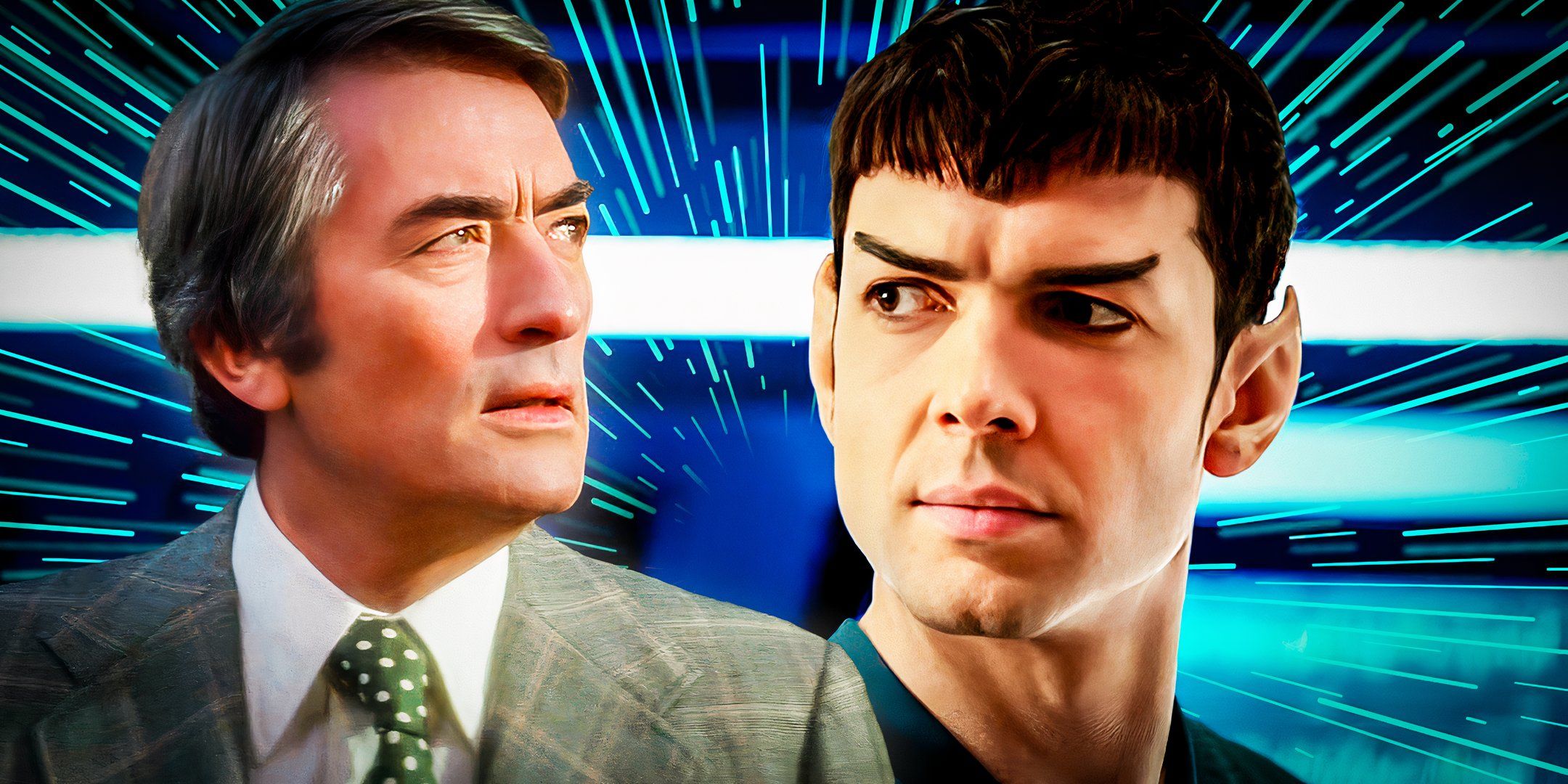Some of the best comedy movies ever made hit theaters in the 1990s. The decade gave rise to massive A-list stars like Adam Sandler and Jim Carrey, while the influx of indie cinema allowed filmmakers like Kevin Smith to put their own personal stamp on the genre, with a specific comic sensibility that would influence the senses of humor of ’90s kids for decades to come.
All kinds of comedies reached audiences throughout the ‘90s, from a Chandleresque stoner noir from the Coen brothers to a nihilistic corporate satire from King of the Hill creator Mike Judge. Plenty of the ‘90s’ comedic offerings still rank among the genre’s best entries and continue to inform what moviegoers find funny to this day.
Hot Shots! (1991)
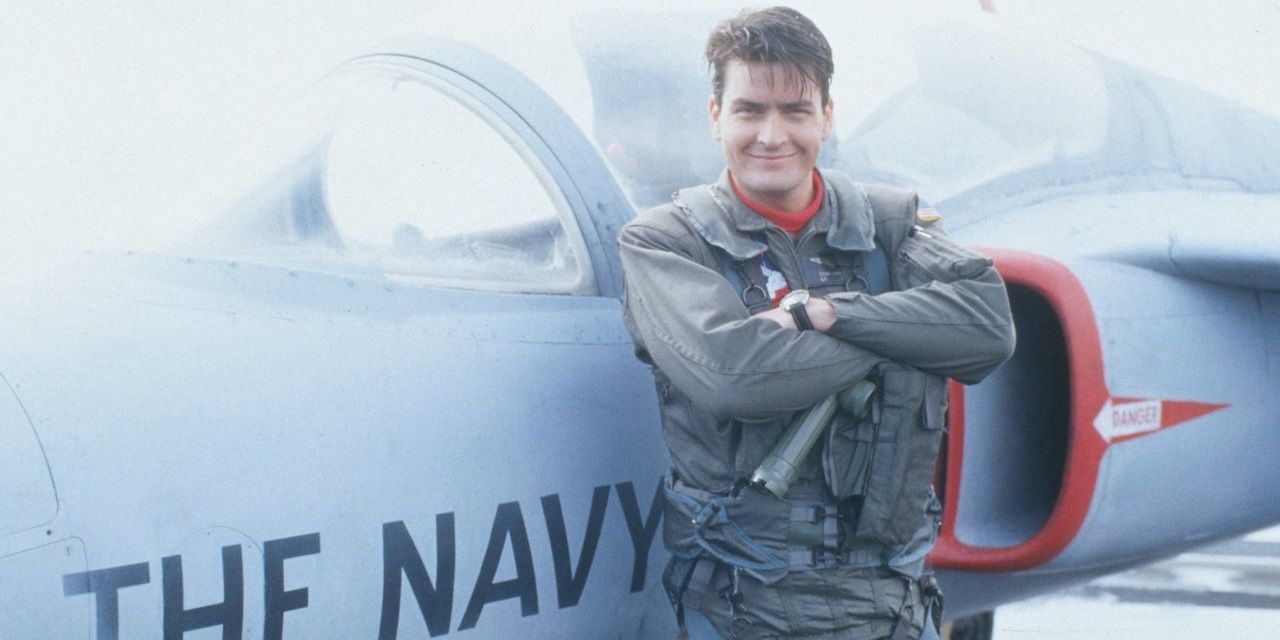
Airplane!’s Jim Abrahams and The Naked Gun’s Pat Proft teamed up for Hot Shots!, a movie that mainly spoofs Top Gun, but lampoons a litany of other movies– from Rocky to Gone with the Wind– along the way.
The presence of the Zucker brothers is dearly missed, but Hot Shots! is a pretty strong parody, somewhere between the genius of Blazing Saddles and the aimless mediocrity of Wrongfully Accused.
Home Alone (1990)
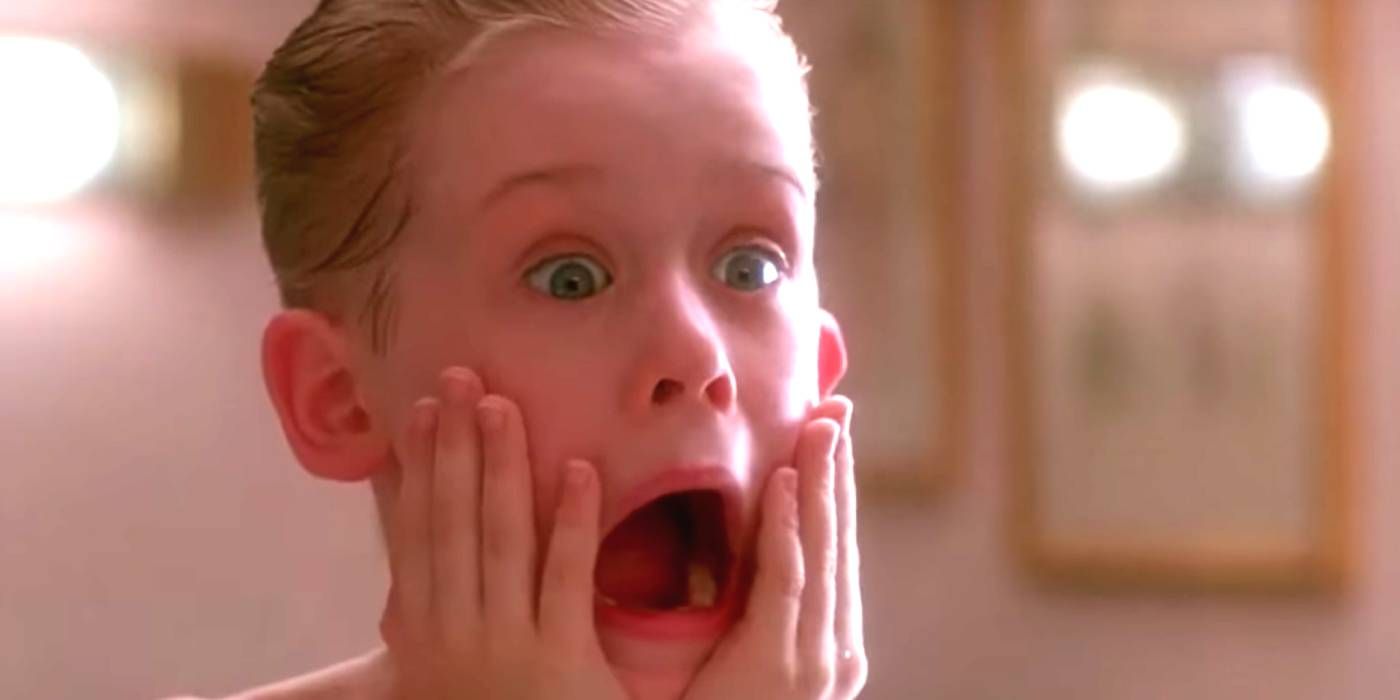
Every Christmas, millions of families engage in their annual tradition of watching Home Alone together. It’s a testament to the writing talent of John Hughes that he managed to bring real humanity to the story of an eight-year-old boy being left at home by his family.
Despite the abundance of sadistic violence, Home Alone manages to perfectly capture the holiday spirit. This can mostly be credited to its immensely talented cast, from Macaulay Culkin’s iconic lead performance as Kevin McCallister to supporting turns by screen icons like Catherine O’Hara and Joe Pesci.
Wayne’s World (1992)
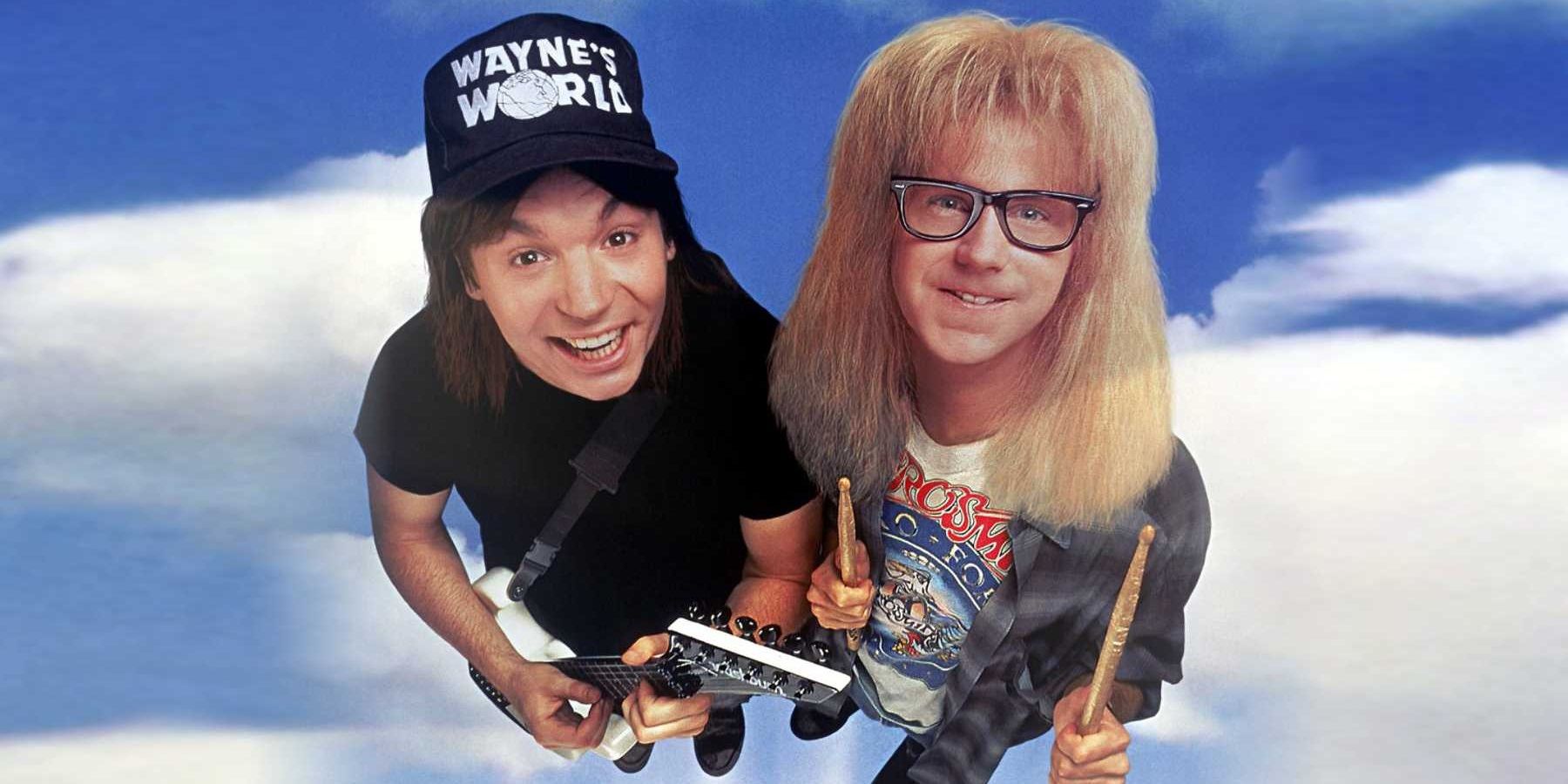
Mike Myers and Dana Carvey brought their unparalleled comic chemistry to the big screen in 1992 with the endlessly quotable Wayne’s World, one of the only two undisputed comedy classics derived from SNL sketches (the other one being The Blues Brothers, of course).
While revelations about Myers’ on-set behavior have sort of tarnished the movie’s legacy, it’s still a wonderfully absurdist comedy brought to life with rock ‘n’ roll energy by director Penelope Spheeris.
Office Space (1999)
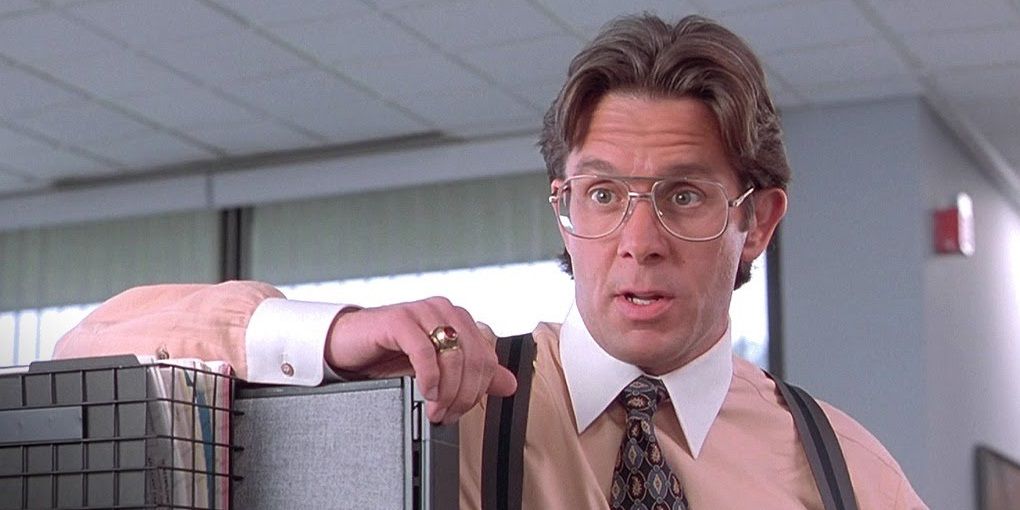
1999 was a great year for comedy fans. South Park came to the big screen, Austin Powers returned with a bigger and bolder sequel, there were a ton of great high-concept comedies like Galaxy Quest and Being John Malkovich, and even a lot of the year’s dramas– like American Beauty and Fight Club– had a healthy dose of dark humor.
But the funniest movie of the year has to be Mike Judge’s Office Space, which perfectly captured the frustrations of bored office workers in cubicle-based jobs.
The Full Monty (1997)
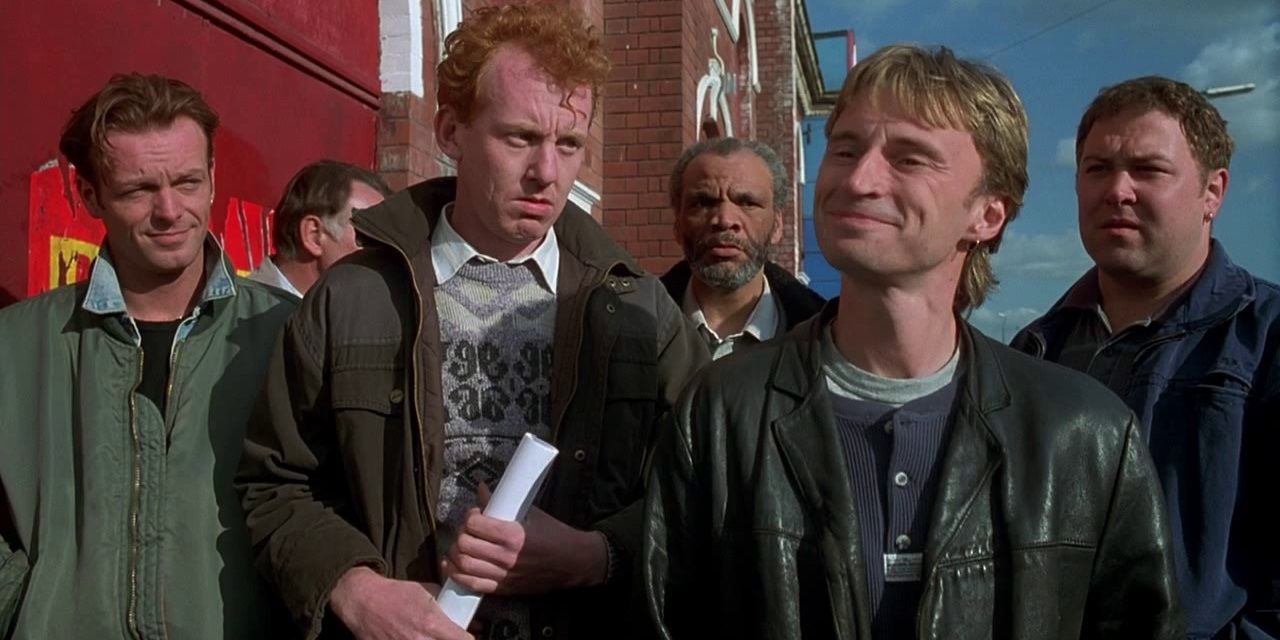
While the premise of The Full Monty makes it sound like a raunchy Hollywood comedy (it’s about a bunch of out-of-work guys who put on a striptease act for some quick cash), it’s actually a sobering, heartfelt dramedy touching on such significant social issues as unemployment, fathers’ rights, and mental health.
Instead of relying on the premise alone for laughs, which would lead to a one-note movie, the humor in The Full Monty comes from the characters and the situations they’re put in.
Dumb And Dumber (1994)
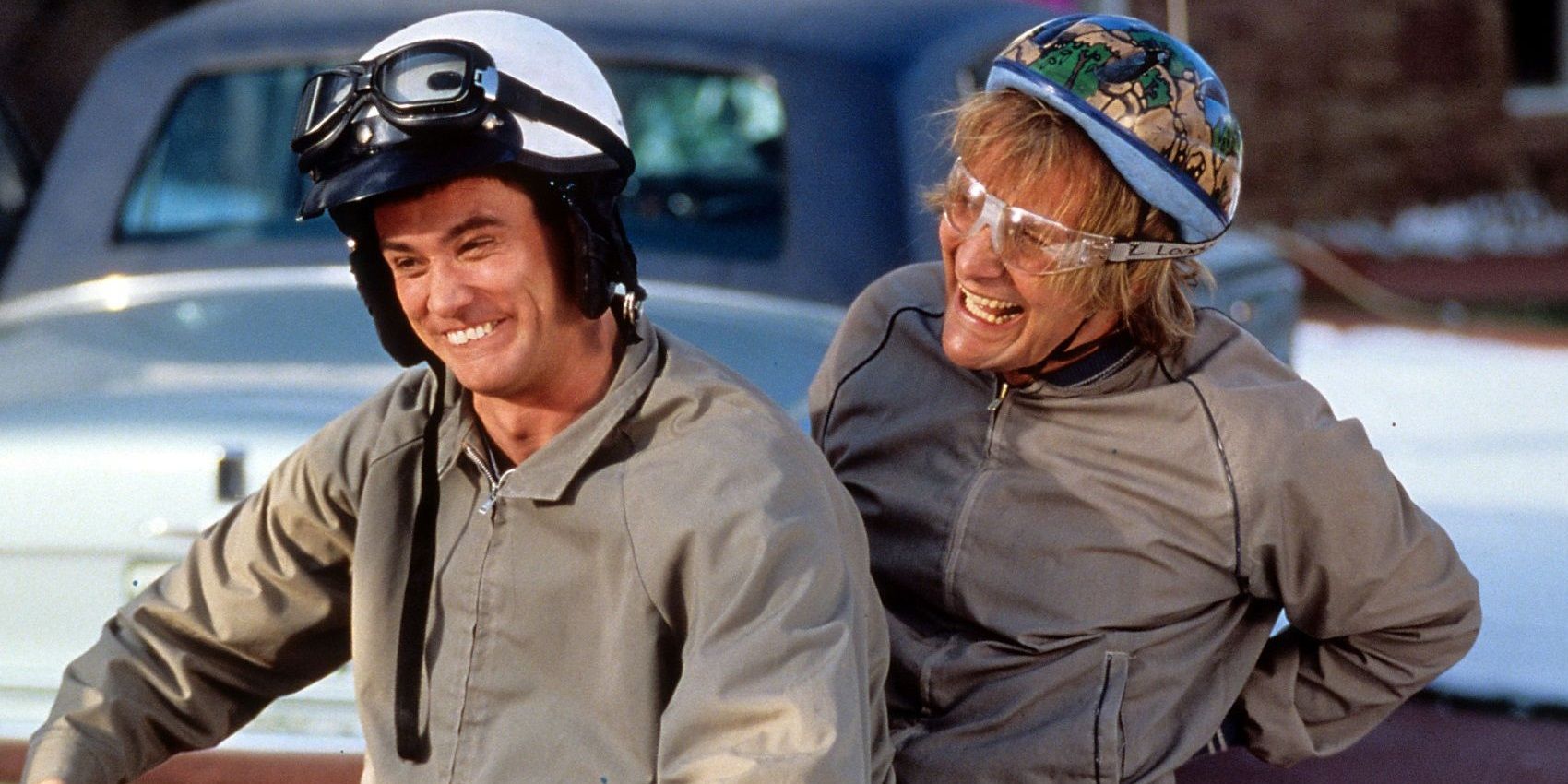
The Farrelly brothers perfected their brand of absurdist gross out humor in 1994 with Dumb and Dumber, starring Jim Carrey in one of his defining roles and Jeff Daniels as his perfect comic foil.
Not every gag in the movie has aged gracefully in terms of good taste, but a lot more jokes in Dumb and Dumber are timeless than the average ‘90s comedy– and the joke quotient is a lot higher, too, harking back to the work of the Zuckers.
Bottle Rocket (1996)
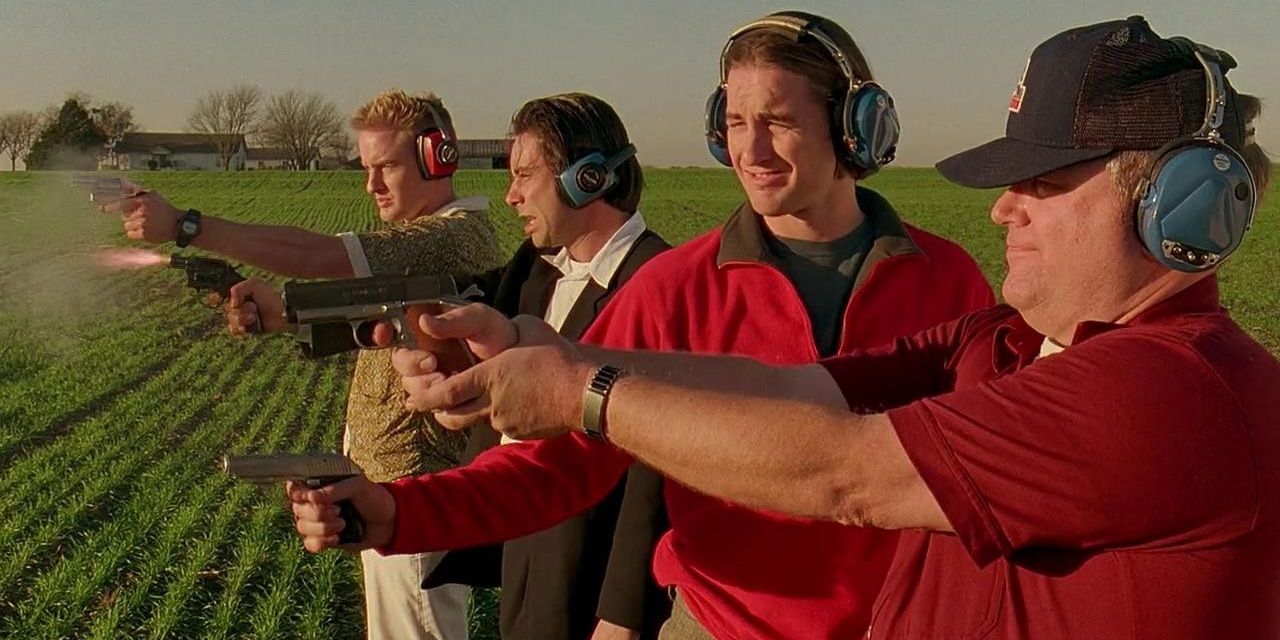
For his feature directorial debut, Wes Anderson made a crime comedy about a bunch of guys who want to be professional criminals and find themselves hilariously unprepared for the task. As the central trio, Owen Wilson, Luke Wilson, and Robert Musgrave bring a handful of subtle moments to the screen that capture the true hilarity of human interaction.
Anderson’s first movie, shot on a shoestring budget before he could afford to realize all his unique visual flair, exemplifies what’s really endearing about his films: lovable characters, quintessentially human moments, and a specific sense of identity.
The Big Lebowski (1998)
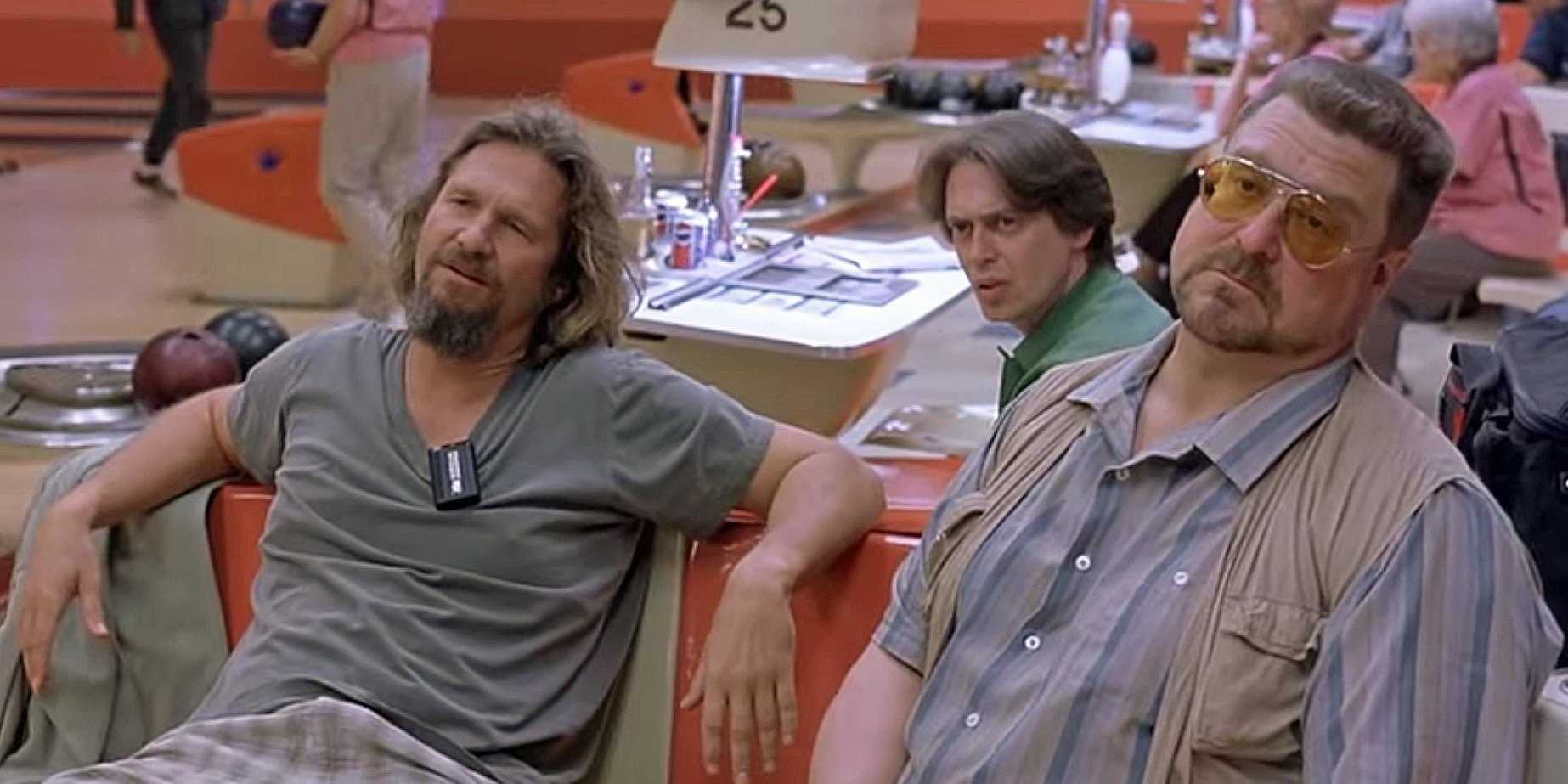
Although it wasn’t appreciated upon initial release, the Coen brothers’ noir comedy The Big Lebowski has since found its deserved audience and is widely considered one of the best movies from the prolific writer/director/producer sibling duo.
Jeff Bridges and John Goodman are both iconic in the lead roles, while the briskly paced story moves from one hilarious scene to the next.
Groundhog Day (1993)

The originator of the time-loop comedy, Groundhog Day stars Bill Murray as a selfish, cynical news reporter who finds himself endlessly reliving the most boring day of his life. Danny Rubin and Harold Ramis’ screenplay brilliantly uses the novel premise for a well-rounded character arc. At first, Murray’s character has fun with it, but he eventually becomes depressed by the meaninglessness of his eternal existence.
The movie eventually emerges as a romance as he falls in love with his producer– played by one of the rom-com genre’s greatest icons, Andie MacDowell– and finds new meaning in his life.
Toy Story (1995)
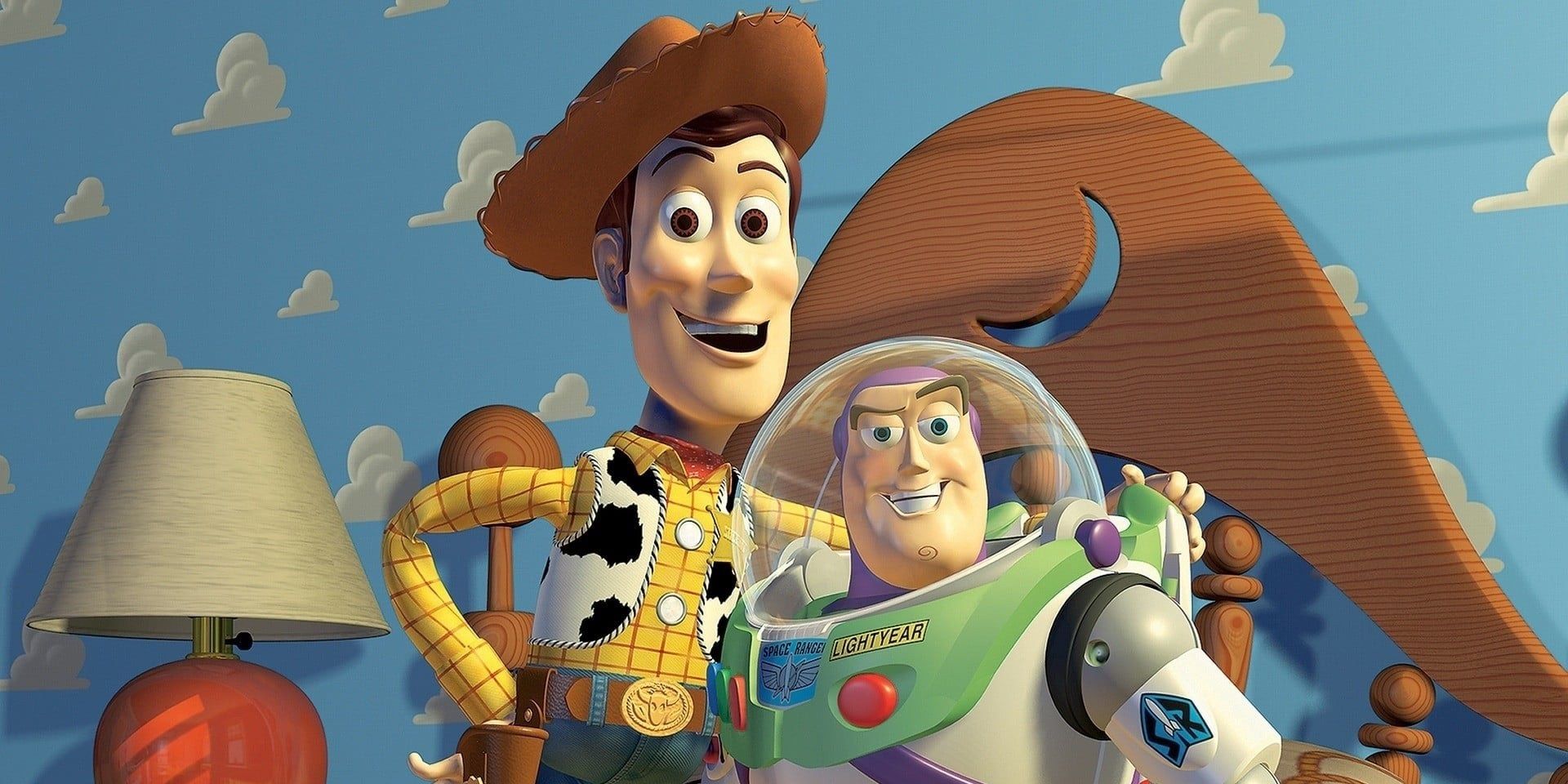
Pixar made history with Toy Story, the first ever feature-length computer-animated movie, but the studio didn’t rest entirely on that milestone. What really makes it a masterpiece is that its characters are relatable (despite being made of plastic) and its story is perfectly structured.
Tom Hanks and Tim Allen developed the kind of on-screen chemistry seldom seen in animation by recording their lines together and building a real rapport, something that has carried through to all four of the movie’s main sequels.
